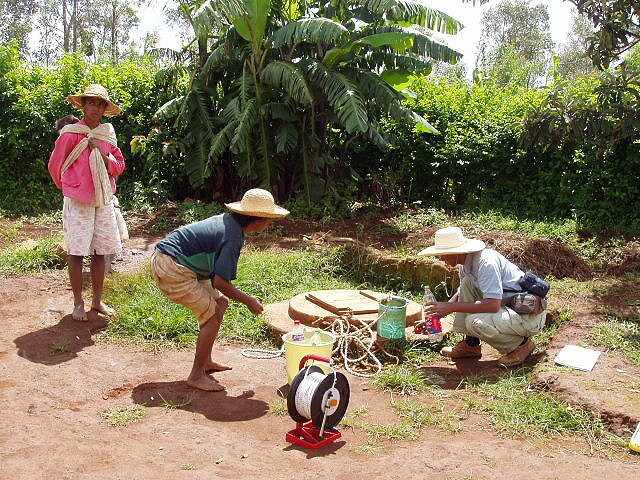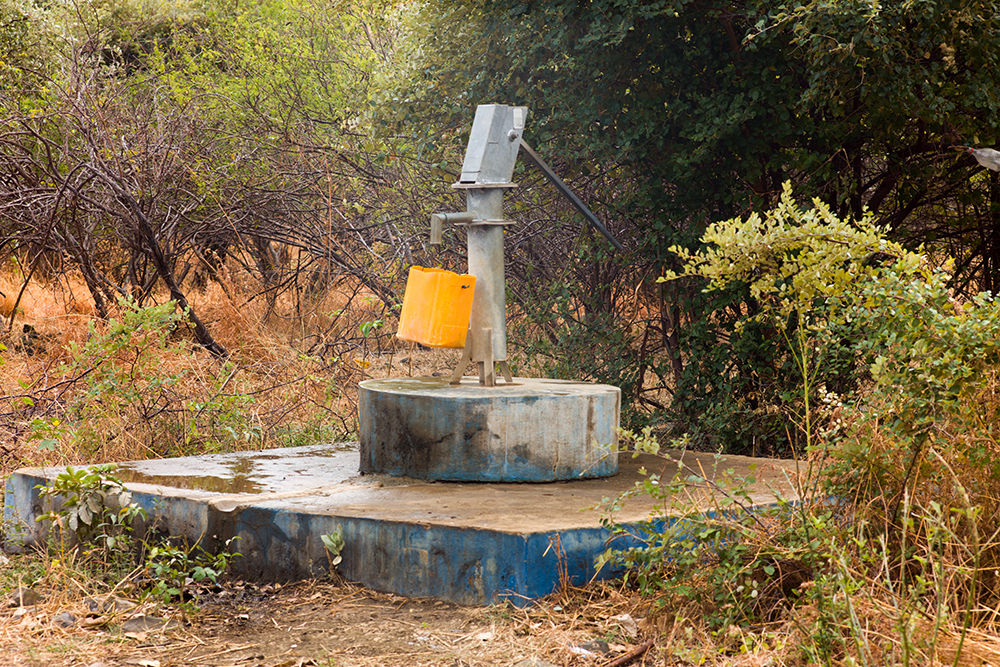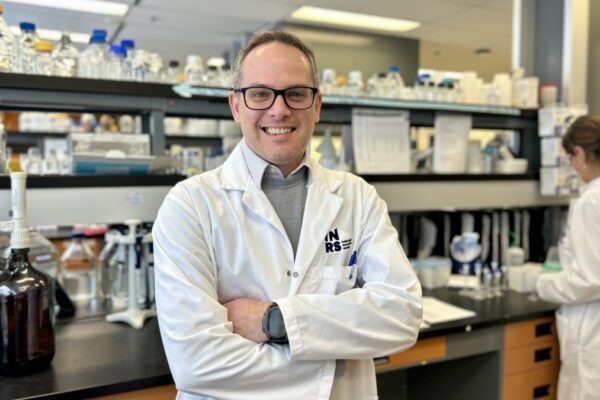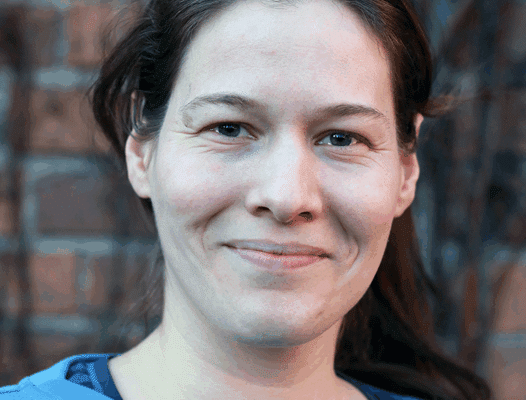- Research
- Research
- Science and Society
- Series
A project to assess the risks of well contamination in Madagascar receives major funding.

The project of Professor Geneviève Bordeleau, from the Institut national de la recherche scientifique (INRS), received financial support from the Quebec government under the International Climate Cooperation Program (ICCP), a program of the 2013-2020 Action Plan on Climate Change, which was succeeded by the 2030 Plan for a Green Economy. The research, which will be carried out in Madagascar, has been awarded a grant of $984,563.
The project will assess the risks of well water contamination and propose solutions for access to safe water for rural communities living along the Ikopa River, which runs through Madagascar’s capital. Frequent floods in this region contaminate underground and surface drinking water sources, increasing the prevalence of diarrheal diseases, which are a major cause of morbidity and mortality.
“Access to clean drinking water is very limited in some parts of the world. Climate change is accentuating these inequalities, so I’m honoured and proud to be able to work with our Malagasy partner to improve the quality of well water in rural Madagascar.”
Geneviève Bordeleau, a researcher in hydrogeology and isotope geochemistry.
ICCP Projects
The ICCP has a total budget of $30.1 million to finance projects that aim to help French-speaking African and Caribbean countries adapt to climate change and limit their greenhouse gas emissions. The projects are led by Quebec businesses, research and educational institutions, and organizations in association with local partners and involve numerous spheres of activity, including renewable energy, energy efficiency, waste management, agriculture, forestry, and water management.

“The INRS project, supported by Ministère de l’Environnement et de la Lutte contre les changements climatiques, holds great promise for our university and its community,” says INRS CEO Luc-Alain Giraldeau. “We believe fundamental and applied research drives economic, social, and cultural progress. Having all the partners share their expertise will help us all in ways that go well beyond water management research.”
“ By declaring itself bound to the Paris Agreement, Quebec has committed itself to greater international climate solidarity. The countries targeted by the International Climate Cooperation Program have many challenges to face in order to improve the quality of life of their citizens while effectively combating climate change. The projects funded will respond concretely to the needs of these communities. The program also gives our organizations and businesses, including those in the Capitale-Nationale region, the opportunity to showcase their know-how and expertise. Everyone wins! ” adds Benoit Charette, Minister of the Environment and the Fight Against Climate Change, Minister Responsible for the Fight Against Racism and Minister Responsible for the Laval Region.
In addition to addressing climate change, the projects will contribute to many other sustainable development goals including innovation, economic growth, gender equality, and reducing inequality.
About the project
The project, entitled “Rano Madagasikara: Strengthening the resilience of communities in the Ikopa sub-basin in response to contaminated drinking water sources in times of floods,” will be carried out in collaboration with professors René Lefebvre, Claudio Paniconi, Saeid Homayouni, and Monique Bernier. The group will hire two students in Madagascar to help with research through a co-tutorship with Institut national des sciences et techniques nucléaires (INSTN)—the local partner affiliated with the University of Antananarivo—and INRS. The students will complete their first year of studies in Madagascar before coming to finish the program in Quebec. Emma Mamifarananahary, a project manager from Madagascar who has lived in Quebec for many years, has been hired by INRS to join the group.



